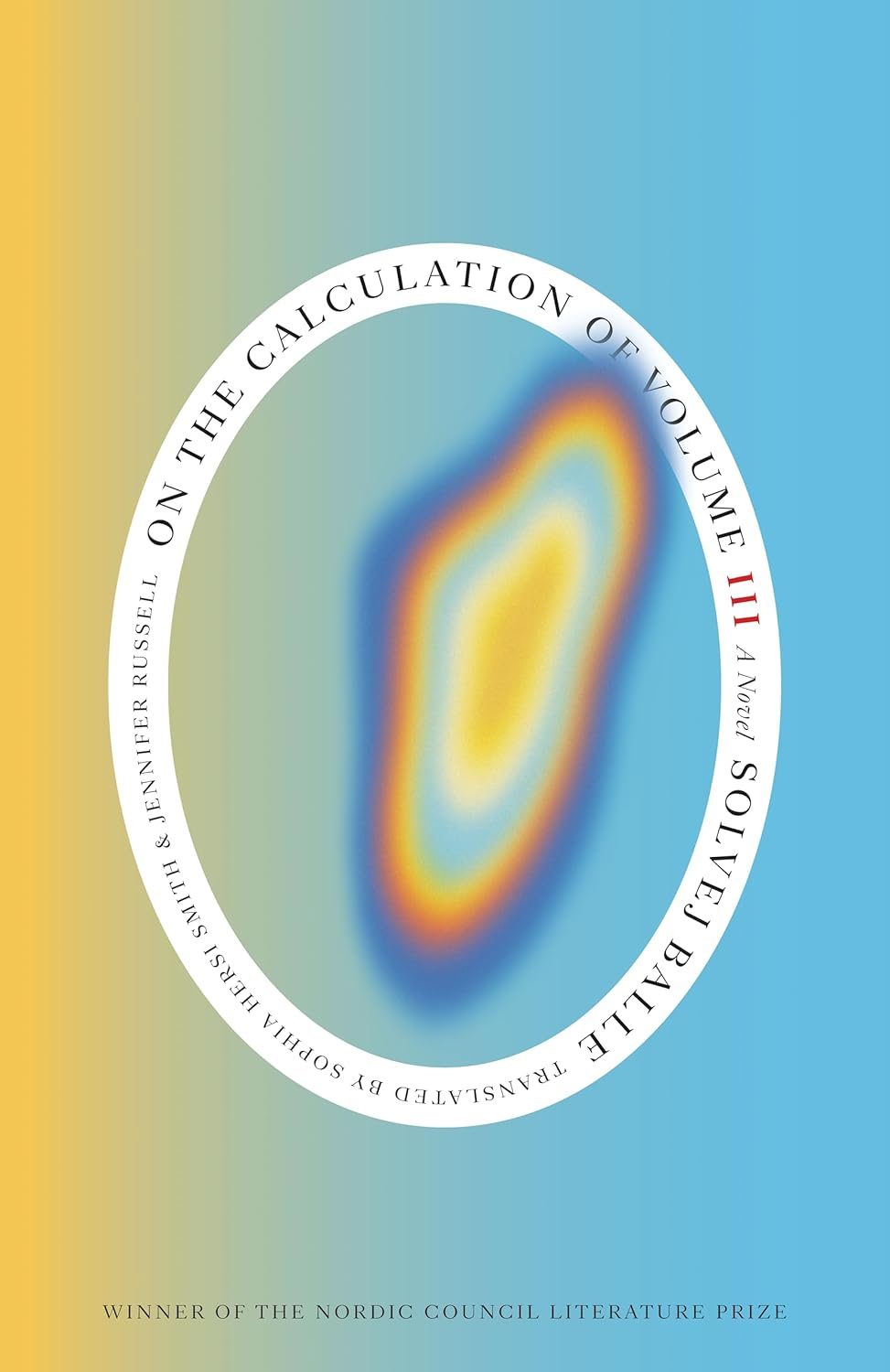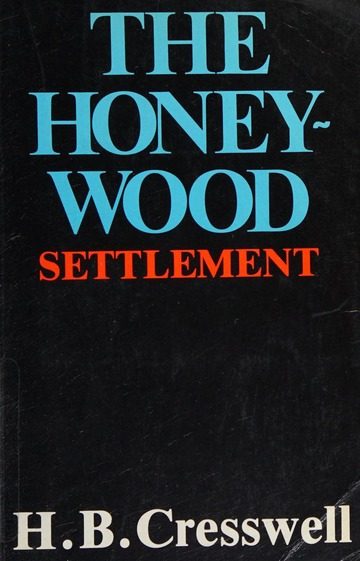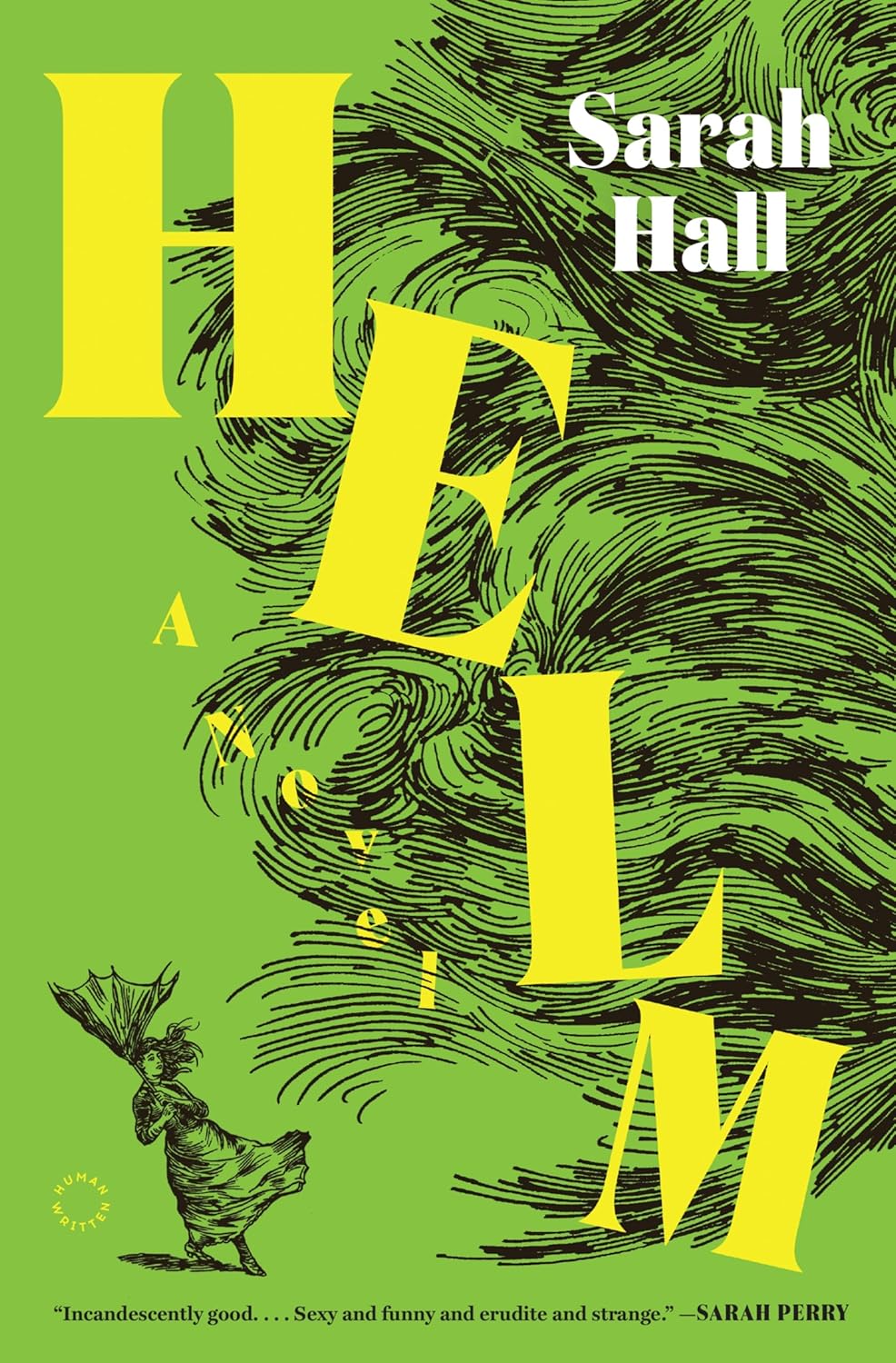Ex Libris Kirkland is my entirely self-centered way to keep track of what I read, what I enjoy, and what I want to remember.
📓 Recent Notes 📓
Book 3 (of 7, I think) in this unique spin on a time loop novel. Our heroine Tara meets... someone else in the time loop! She's not alone! And in fact, there are others! This is a quiet, ruminative version of a time story, but after two books of ruminating I was ready for a bit more plot. And we get more here, including hearing the stories of others stuck in November 18th. I'm into it.
a note about On the Calculation of Volume (Book III)
Saving my actual notes and review til after my book club discusses this.
a note about The Stone Table
I'm clearly a Spufford fan. And the Narnia books are deep, deep in my bones. So when I read on a blog that Spufford had written an unauthorized eighth Narnia novel, I REALLY wanted to read it. The blogger shared the first few chapters, with the assertion that it really felt like the real thing - that he captured the spirit and letter of these books. Not wanting to spoil myself, I bookmarked them to read it later after he'd posted the whole thing.
But then, by the time I got back to it, the Publishing Powers That Be had intervened, and forced the blogger (and presumably also Spufford) to take it down. Poof! It's gone! I suppose he could just publish it on AO3 or something as fan fiction, but it felt like it just disappeared, and I missed my chance. So: knowing that this book existed, and that I was probably only a few degrees-of-kevin-bacon away from someone who had a copy, has kind of haunted me for years.
But I have a copy now.
Oh also. IS it on AO3? I never thought to look.
a note about The Stone Table
Also I enjoyed a few hours of rabbit holing my way learning about the real Helm, and now I've got a new item on my one-day-in-England agenda: hike from Kirkland Hall up to Cross Fell and back. Probably not something you can do in the teeth of a real Helm wind, but something that you totally can do on a regular day.
ALSO I learned about the concept of a 'blanket bog' - not a thick swamp, but a thin layer of retained ground bog, that can span large grasslands and even (somehow?) hills and mountain faces.
a note about Helm
OK, finished this - and really enjoyed it. Halls's a great writer, and the conceit is great. These are interleaved stories from different times, about different people with different concerns, who are all living in the Eden Valley, a real place where the real Helm wind sweeps down a small mountain called Cross Fell, and creates a very strong, very local wind. The stories span prehistory up to the present moment (a climate scientist studying how microplastics in the air might be killing the Helm!). I was engaged in every one of the stories, a rare feat for this kind of anthology.
a note about Helm
📖 Recent Quotes 📖
[after a nearby developer threatens to build ugly cottages next to the property line of the new Homeowner at Honeywood, the editor comments:] This is a happy instance of the way commercial enterprise advances the cause of civilization by establishing blackmail as a recognized source of revenue and of increase to the wealth of the Empire. By building cheaply and rapidly, instead of in the old-fashioned way, not only are larger profits immediately accrued, but future profits are secured by the early need for renewal, and good money earned merely by refraining from building.
an excerpt from The Honeywood Settlement
[ there's a circle mark at the end that says HUMAN WRITTEN ] The author has created a maker's mark to assert the organic, bio-logical, non-Al-generated nature of the novel's creative composition and artistry. The author offers this as an affirmation of her craft.
an excerpt from Helm
In early September, the last piece of the Revelation Machine arrives, slowly down the track to Kirkland, behind two long-fringed piebalds. Lilith. She has been bought and sent over from Harrisons, the agricultural merchants in Penrith, for the bargain sum of fifty pounds.
an excerpt from Helm
This letter must have been sent to Spinlove pinned to the other papers, by an oversight. It shows Grigblay's business to be conducted in the old-fashioned style that still lingers, with the best traditions of the building crafts, in the provinces, where son follows father to the bench or the scaffold, and the master calls his men by their Christian names, knows the domestic circumstances of each, and distributes joints and poultry among them at Christmas. There may be somewhere in this world happier men than these, associated in more delightful work, but it is a hard thing to imagine.
an excerpt from The Honeywood Settlement
Between them sits a jellied gammon and a tureen of anaemic disintegrating potatoes. A mysterious sauce, wobbling under a brown meniscus, is deposited on the table by Midge. Their wine glasses stand empty. The decanter is also empty.
an excerpt from Helm



